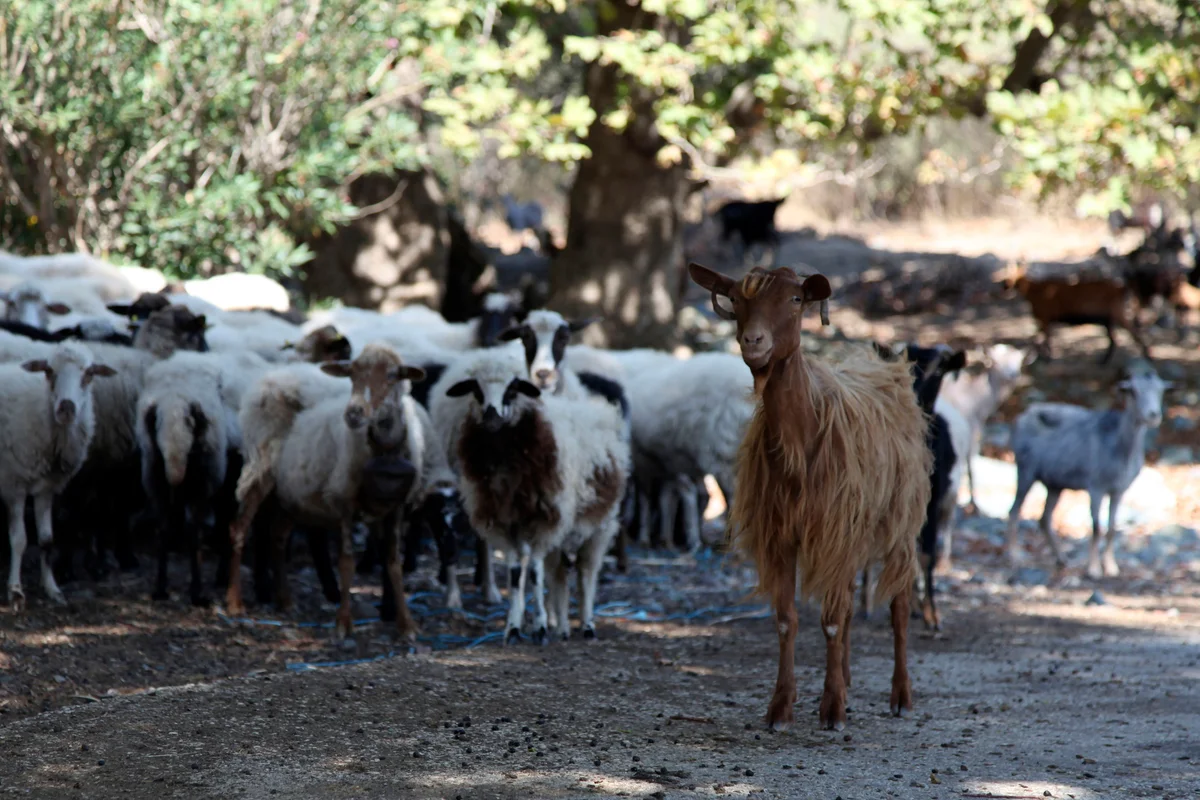By Fionnuala Boyle
Copyright dailyrecord

Autumn is officially underway and while changing leaves, colder nights, and Halloween adverts are all markers of the season, so, unfortunately is a surge in flu and Covid-19 . The two viruses share similar symptoms meaning it is often difficult to tell them apart. When a sniffle progresses to more than just a cold, for instance, you can be left wondering what that something more serious at play actually is. However, there are differences in how the viruses appear and the risks they pose. This is important to note as levels of flu and Covid-19 could be on the rise as we come into winter . By September 10, UK Health Security Agency (UKHSA) noted a 7.6 per cent increase in coronavirus cases across England compared to the previous week. The new strain, Stratus, has two variants, XFG and XFG.3. So, how do you know if you have flu or Covid-19? Flu is a respiratory infection that strikes hardest in winter and can be far more debilitating than the common cold. Colds typically bring a runny nose , sneezing, watery eyes and mild throat irritation. But flu tends to arrive suddenly with fever, aches and exhaustion. Flu symptoms come on very quickly and can include: Covid-19 continues to cause serious illness, particularly among vulnerable groups . The list of symptoms has shifted since 2020. Many people now experience what feels like cold symptoms, such as a runny nose, sore throat or blocked sinuses. Others still report fever or chills, a persistent cough, fatigue, headaches, shortness of breath, or a loss of taste and smell. Stomach issues such as nausea and diarrhoea can also occur. The most common early sign of Stratus is a hoarse or raspy voice, which may appear before more typical Covid symptoms, making it easy to overlook. The NHS has issued an update on the latest Covid symptoms to be aware of , as well as the necessary steps to take if you contract the virus. Vaccination remains the best form of defence against both Covid and flu. Officials are urging everyone eligible to take up their vaccines to reduce the strain on hospitals and protect the most vulnerable. This autumn, the flu vaccine is being offered free to those over 65, pregnant women, children aged two and three through their GP, and schoolchildren from reception to year 11 via nasal spray. Those aged 65 and over, care home residents, and people with underlying health problems are all entitled to the Covid-19 booster. Vaccination campaigns each autumn continue to try to prevent hospitalisations and deaths. If you have symptoms of a respiratory infection , and you have a high temperature or do not feel well enough to go to work or carry out normal activities, you should avoid contact with vulnerable people and stay at home if possible.



